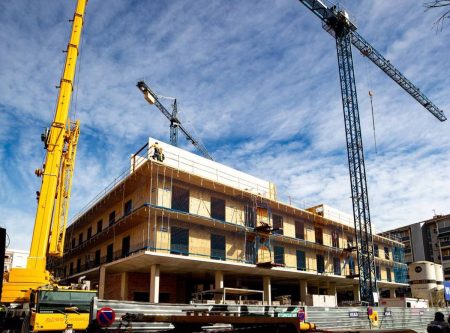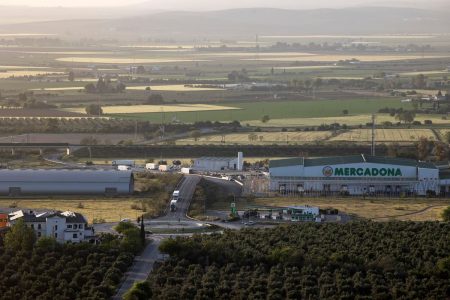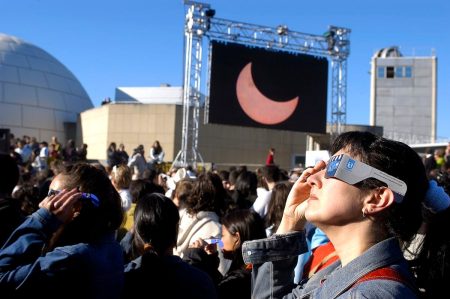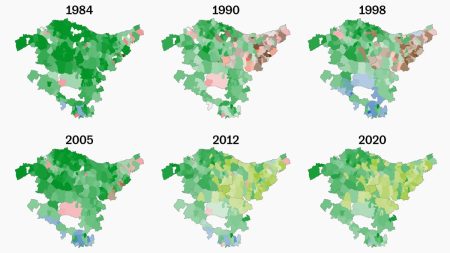About 20 million garments made with ethically certified cotton have arrived in Spain in a 12-month period between 2022 and 2023, thanks to H&M and Inditex, which includes brands like Zara, Bershka, and Pull&Bear. However, this supposedly sustainable clothing is associated with “deforestation, land grabbing, and violence against traditional communities” in Brazil, according to a research published by the British NGO Earthsight. The mentioned fashion companies defend themselves by claiming that they do not directly source cotton but purchase through suppliers with the Better Cotton (BC) sustainability certification.
H&M and Inditex are the biggest users of the Better Cotton certification, an initiative co-launched by H&M in 2005 and based in Switzerland. Brazil is the origin of almost half of the BC-certified cotton, more than any other country in the world. Earthsight tracked a total of 816,000 tons of direct cotton exports from two Brazilian producers, Grupo Horita and SLC Agrícola, between 2014 and 2023. These companies operate in the state of Bahia, in the Cerrado region, the most biodiverse tropical savanna on the planet, which is at the forefront of agro-industrial expansion.
These two companies, with a notorious history of “million-dollar fines for illegal deforestation” and accusations of land grabbing, ecosystem destruction, and harassment of local communities, supply cotton to various Asian suppliers. The NGO identified eight such suppliers, including PH Kahatex from Indonesia, Jamuna Group from Bangladesh, and Interloop from Pakistan, which sell finished garments to H&M and Inditex. Both companies are awaiting the results of investigations into the allegations made by Earthsight, with Inditex having sent a letter asking for transparency in the certification process and H&M expressing concerns and awaiting measures to strengthen the certification standard.
Better Cotton has initiated an audit to evaluate the areas of risk highlighted in the investigation by Earthsight and has committed to revoking the license of violators and implementing corrective measures if necessary. However, Earthsight believes that self-regulation and certification initiatives by the private sector have failed, and calls for legislation to regulate and penalize companies that violate sustainability and ethical norms, rather than relying on voluntary initiatives that may not effectively trace the origins of products.
Brazil’s Cerrado, home to a significant portion of BC-certified cotton, has been witnessing increased deforestation compared to the Amazon, threatening the biodiversity and livelihoods of local communities. The expansion of agribusiness, especially cotton farming, has led to the depletion of water resources, pollution from pesticides, and loss of biodiversity. The Cerrado is crucial for the regulation of water systems and supports diverse ecosystems, but industrial activities are threatening its existence.
Local communities, such as the traditional geraizeiros who have lived in the Cerrado for generations, are facing harassment, land grabbing, and ecosystem destruction due to the expansion of agribusiness. People in these communities report polluted rivers, dwindling water sources, and the disappearance of wildlife due to deforestation and pesticide use. The impact of cotton farming on water resources, carbon emissions, and biodiversity is alarming, with millions of liters of water being extracted daily for agriculture and significant pesticide use in the region.
The ethical certification of cotton cannot guarantee sustainable practices if loopholes in certification processes and lack of transparency persist. For communities in the Cerrado, the trade-offs between economic growth and environmental preservation are stark, as the degradation of the biome threatens the livelihoods and well-being of local populations. The reliance on supply chains that may be linked to deforestation and exploitation underscores the need for stronger regulations and accountability measures to ensure ethical sourcing and environmental conservation in the fashion industry.
















